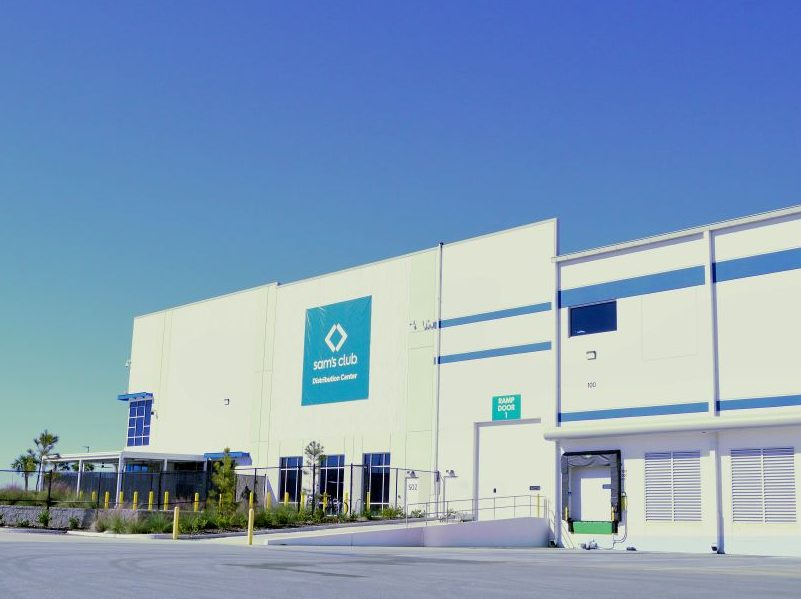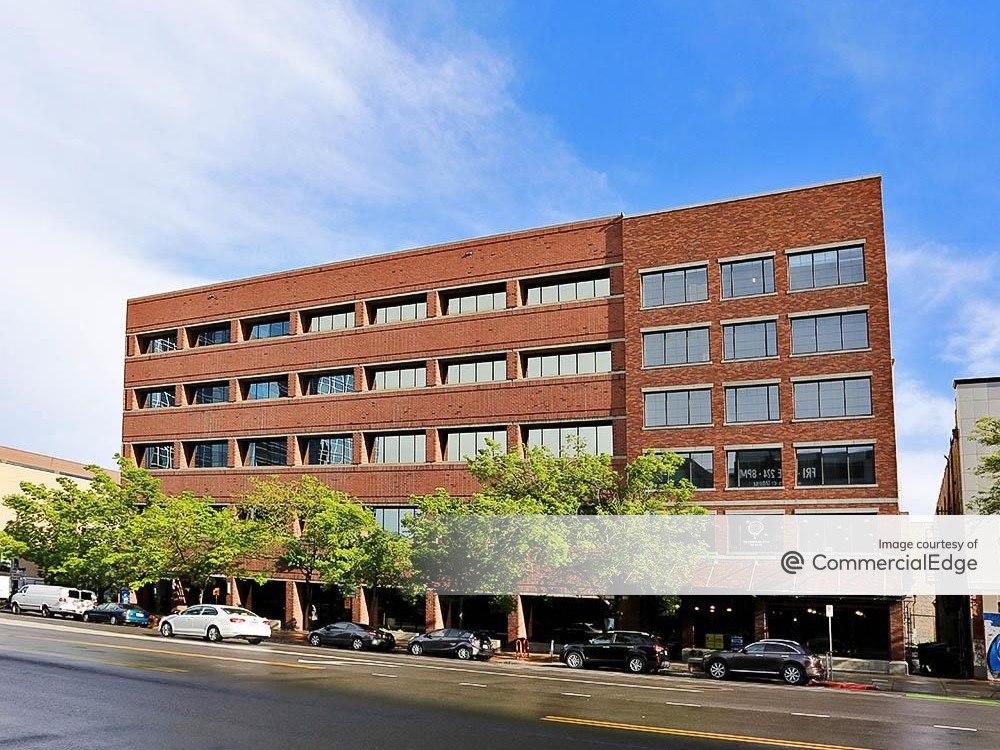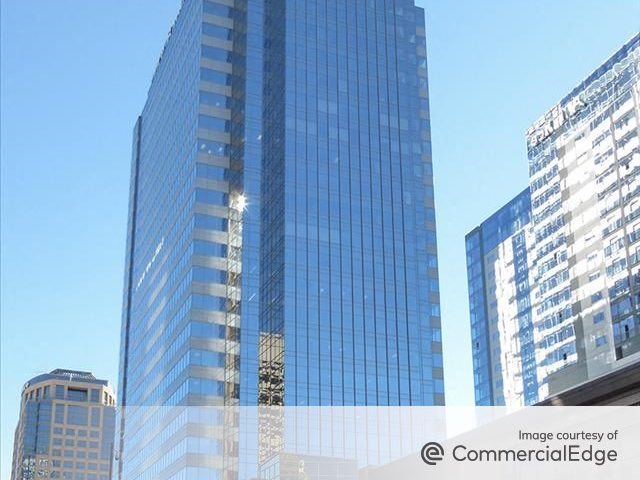The Bonus Depreciation Window of Opportunity Is Closing
Avison Young's Jonathan Hipp on the 2017 tax law provision that will be phased out after Dec. 31, 2022.

Jonathan Hipp
The 2017 tax law contains a provision allowing for bonus depreciation on eligible assets. Let’s break that down to practical terms. Let’s assume you’re purchasing a property that contains items that could be classified as personal property for tax purposes. Simply put, in the year of the purchase, those elements can be written off entirely.
Given some of the rumblings coming from inside the Beltway, this provision carries significant weight, especially for high-roller taxpayers with substantial income. It provides an effective means of sheltering this income—even in the absence of a 1031 exchange.
Further, a sunset provision was built into the law, which means that after Dec. 31, 2022, the bonus depreciation will start to phase out, ending Dec. 31, 2027.
Sound interesting? If so, there are important things to consider. First, can you use the write-off? Do you have enough income and is it of the right character? If you don’t have enough income, you can always carry it forward to subsequent years.
The more critical consideration is whether you have “passive” income. As an individual taxpayer, you’re required to separate your income into passive and active categories. In general, investment real estate is considered passive, so any losses associated with that income also need to be passive in nature.
But it should be noted that in a C corporation, distinctions between passive and active, ordinary and capital income aren’t as important as they are with individuals. That’s because for a C-corp, all income, regardless of the source, is taxed in one bucket, so to speak. As a result, a C-corp not otherwise in the real estate business could still take advantage of the bonus depreciation on a purchase. Plus, the depreciation remains available for any equipment purchased in the normal course of business. Tax affected, this lowers the overall basis in the investment and can enhance the returns of a real estate purchase.
Which Properties Are Eligible?
Here’s the critical question: What kinds of properties would qualify? While there’s no one answer to that, examples of properties that might have a higher-than-average proportion allocable to bonus depreciation include: gas stations, car washes, medical/lab space with highly specialized buildouts, and office and industrial properties with specialized infrastructures and buildouts.
Clearly, some of these property types, such as office, are currently experiencing issues. But that list also includes some of the hottest property types in the market today and assets commanding the highest investor interest.
There’s one more critical consideration before taking advantage of this provision, namely, you need to get a cost segregation study. That entails an engineer going through the building and determining what can qualify as real or personal property.
The proportion attributable to personal property multiplied by the purchase price of the property will give you the amount you can deduct. But keep in mind, that while land improvements, such as fences and parking, may qualify, the value of raw land isn’t depreciable.
As savvy real estate investors, any property you buy should represent a solid real estate play. But there’s a window of opportunity for what can be an additional—and massive—tax benefit.
But that window is closing. Make the right investment choice now to reap the dividends that are available to you.
Jonathan Hipp is head of the U.S. Net Lease Group at Avison Young.







You must be logged in to post a comment.